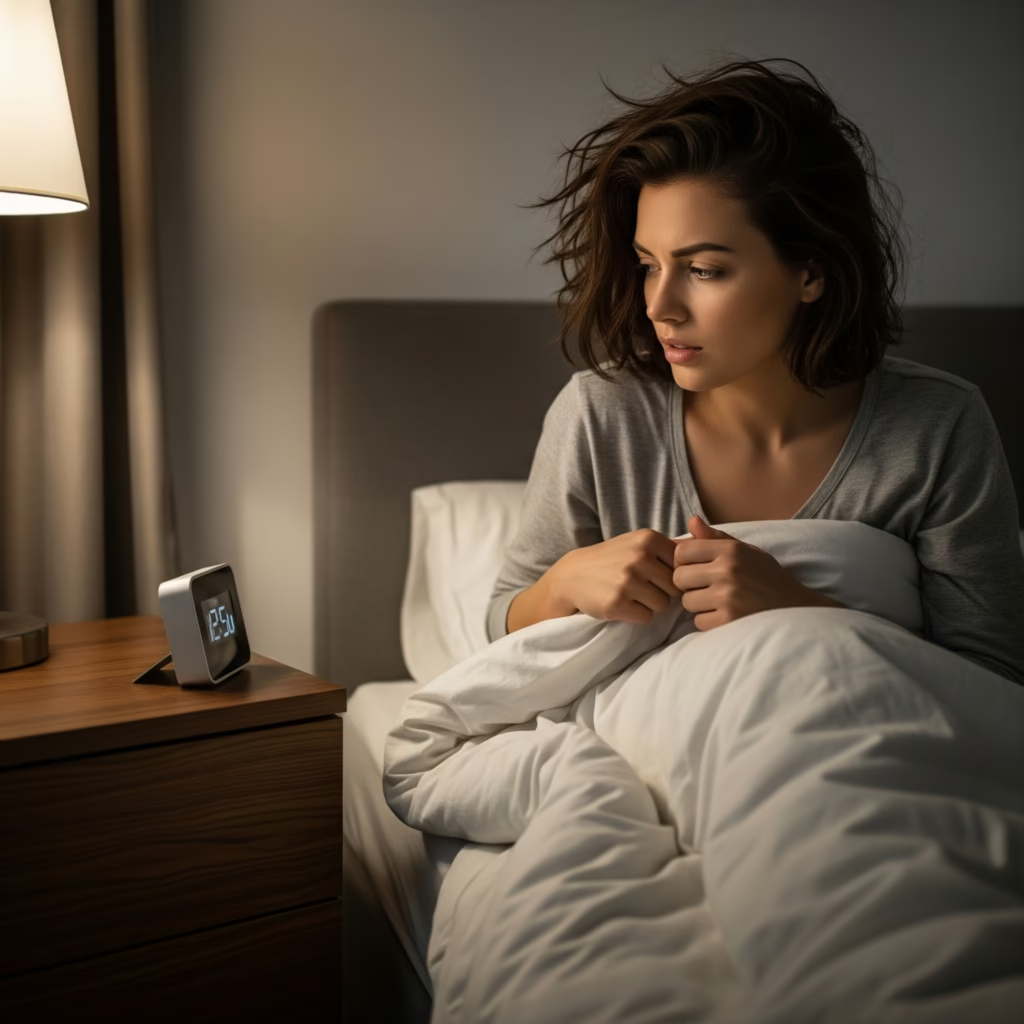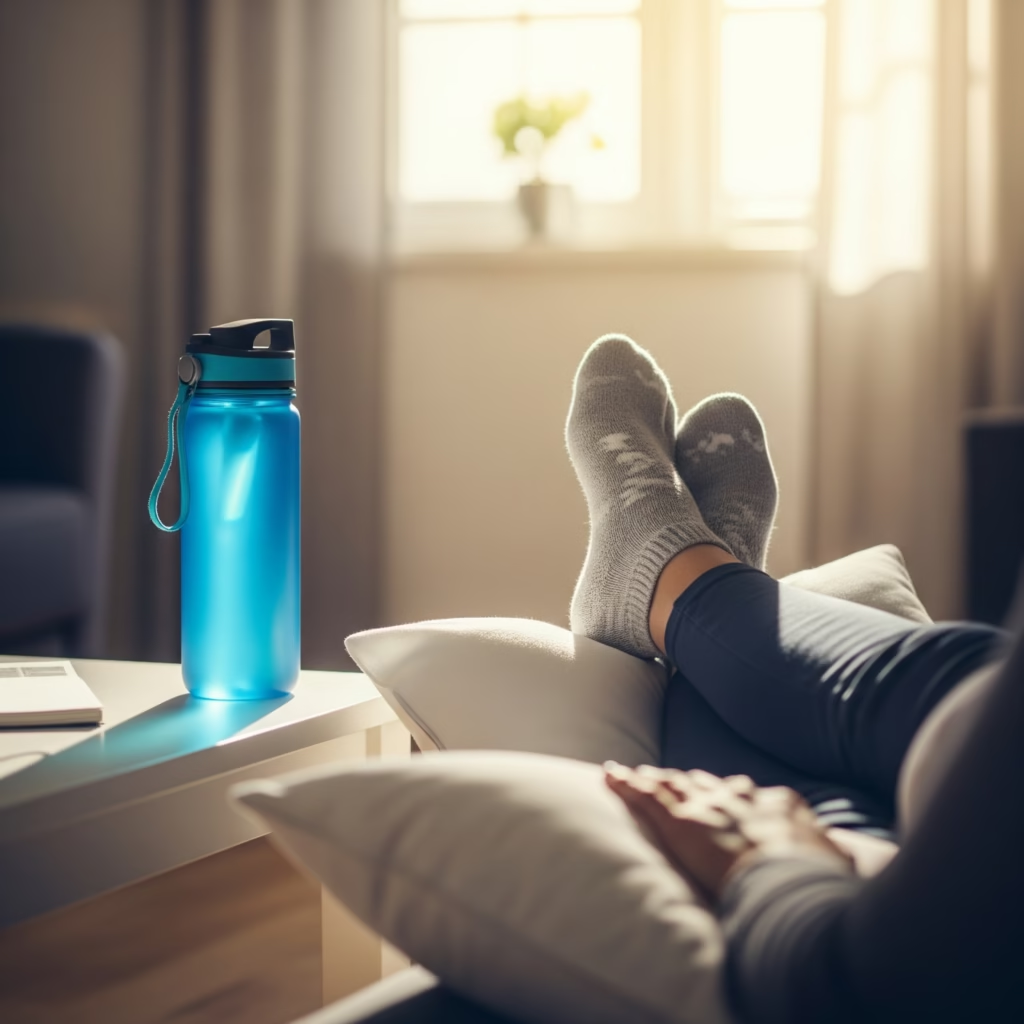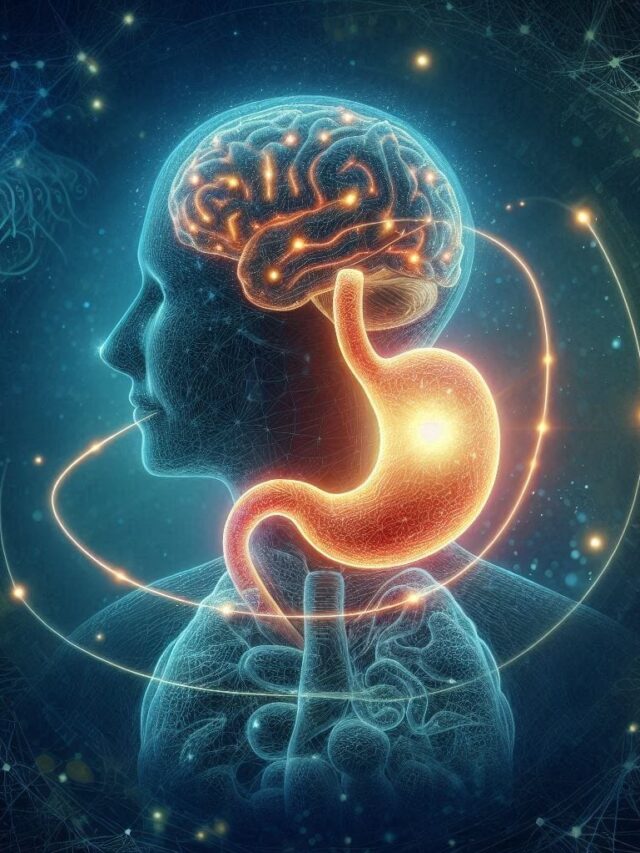You’re warm, you’re dreaming, everything’s peaceful—and then boom. Nature calls. Again. If you’re waking up to pee once, twice, or (ugh) three times a night, you’re not alone. It’s one of those things we don’t really talk about until it gets annoying enough to matter. But here’s the deal: waking up to pee might seem harmless—or just part of getting older—but it can actually say a lot about what’s going on in your body.
So, should you be worried? Or just invest in a softer nightlight?
Let’s unpack it. Casually, of course.
First off: What’s considered normal?

Alright, so there’s this fancy term—nocturia—used by doctors to describe waking up during the night to urinate. The technical definition is “waking at least once during the night to pee.” Yep, just once. But before you freak out, here’s the nuance: what’s “normal” depends on your age, lifestyle, fluid intake, and even your sleep quality.
- Under 50? Waking up once now and then is probably no biggie.
- Over 60? Waking up once or twice is often just part of the aging process—though it doesn’t mean you have to accept it.
Let me say it straight: if it’s frequent and messing with your sleep (or sanity), it’s worth paying attention to.
So, what’s causing all this midnight bathroom traffic?

This is where things get interesting (and weirdly personal).
1. Hydration timing
Chugging water before bed? You’re not alone—especially with that whole “stay hydrated” mantra ringing in your head. But yeah, timing matters. Try drinking more earlier in the day and easing off a few hours before bed. Even herbal teas (especially diuretic ones like dandelion or chamomile) can trigger the 3 a.m. stumble to the toilet.
2. Aging (yep, that again)
As we get older, our bodies make less of the hormone vasopressin, which helps concentrate urine. Less vasopressin = more urine production = more nighttime pit stops. Plus, the bladder loses elasticity, meaning it holds less. Think of it like a balloon that’s lost its bounce.
3. Medical stuff
Nocturia isn’t always innocent. Sometimes it’s tied to health conditions that deserve a closer look:
- Sleep apnea – Disrupted breathing affects your heart and kidneys, which can lead to—you guessed it—more urine production.
- Diabetes (especially uncontrolled) – Excess sugar pulls more water into your urine.
- Heart failure – Fluid that accumulates in the legs during the day can redistribute at night, triggering more urination.
- UTIs or prostate issues – Self-explanatory and pretty uncomfortable.
And sometimes it’s a mix—like a chain reaction of small things that add up to one big inconvenience.
Is it affecting your sleep? That’s the real question.

It’s not just about how often you pee—it’s how it messes with your rest. Interrupted sleep can lead to:
- Daytime fatigue
- Mood changes (snappier than usual?)
- Poor concentration
- Weakened immunity
- Cravings for things you know aren’t great for you (hi, carbs and caffeine)
If you’re waking up groggy, needing naps, or basically sleepwalking through your day, that’s a sign something’s off.
And let’s be real: no one’s their best self when their sleep is garbage.
What can you actually do about it?

Good news: You’re not powerless here. A few changes can go a long way.
Tweak your habits:
- Front-load your fluids. Aim to drink more earlier in the day and slow down after 6–7 p.m.
- Watch what you drink. Alcohol and caffeine are bladder irritants. And yes, red wine counts.
- Double-void before bed. Basically, pee twice—wait a few minutes after your first bathroom trip, then try again.
- Keep your legs elevated. Weird, but if you have swollen legs or ankles, raising them helps reduce fluid buildup that drains at night.
Track your symptoms.
Start jotting down how often you’re waking up, what you drank that evening, and how you’re sleeping. Patterns often reveal more than we expect. Honestly, a good old-fashioned journal (or a health tracking app like MyFitnessPal or Apple Health) can be a game changer.
When should you talk to a doctor?
Here’s where things shift from annoying to concerning. If you’re:
- Peeing more than twice a night regularly
- Noticing changes in urine (color, smell, pain)
- Feeling excessively tired during the day
- Experiencing swelling, especially in the feet or ankles
…it’s time to book a chat with your doc. It might be something minor—or it might be your body’s way of whispering (or yelling) that something needs attention.
And hey, no shame in that. Bodies are weird. Doctors get it.
A quick word about sleep hygiene
Because sometimes the issue isn’t your bladder—it’s your bedtime routine. Or your mattress. Or your mind that refuses to shut up.
Poor sleep habits can make you more sensitive to even the tiniest urge to pee. You wake up easier, and once you’re up? Might as well go, right?
So while you’re troubleshooting your nightly pee parade, don’t forget the basics:
- Cool, dark bedroom
- Consistent sleep schedule
- Low screen time before bed
- A wind-down ritual (no, doomscrolling doesn’t count)
It all adds up.
Wrapping it up (but not sugarcoating it)
Look—waking up to pee might not seem like a big deal at first. But if it’s happening a lot, or if it’s affecting your sleep and your life? It’s worth looking into. Sometimes it’s lifestyle. Sometimes it’s age. Sometimes it’s your body waving a tiny red flag.
The point is, you don’t have to accept restless nights and groggy mornings as your “new normal.” Pay attention. Track it. And talk to someone if it’s throwing your life off balance.
Because sleep isn’t a luxury—it’s basic maintenance. Like brushing your teeth. Or paying your bills on time. And yeah, sometimes just as annoying, but oh-so necessary.







